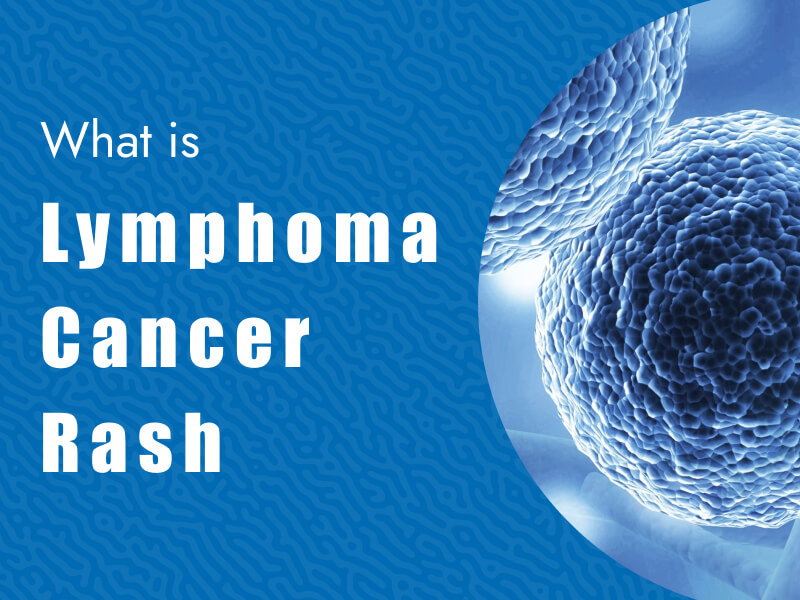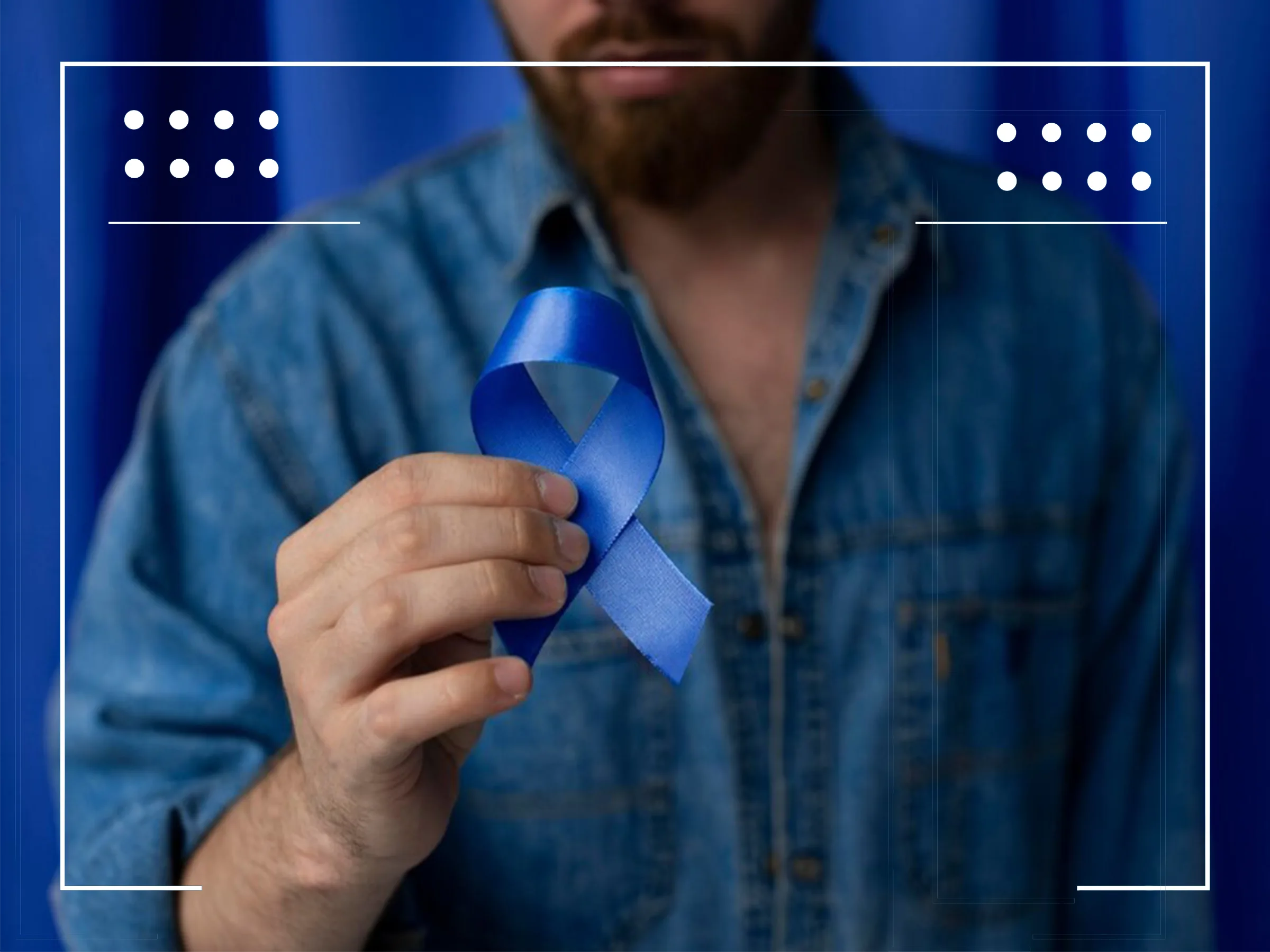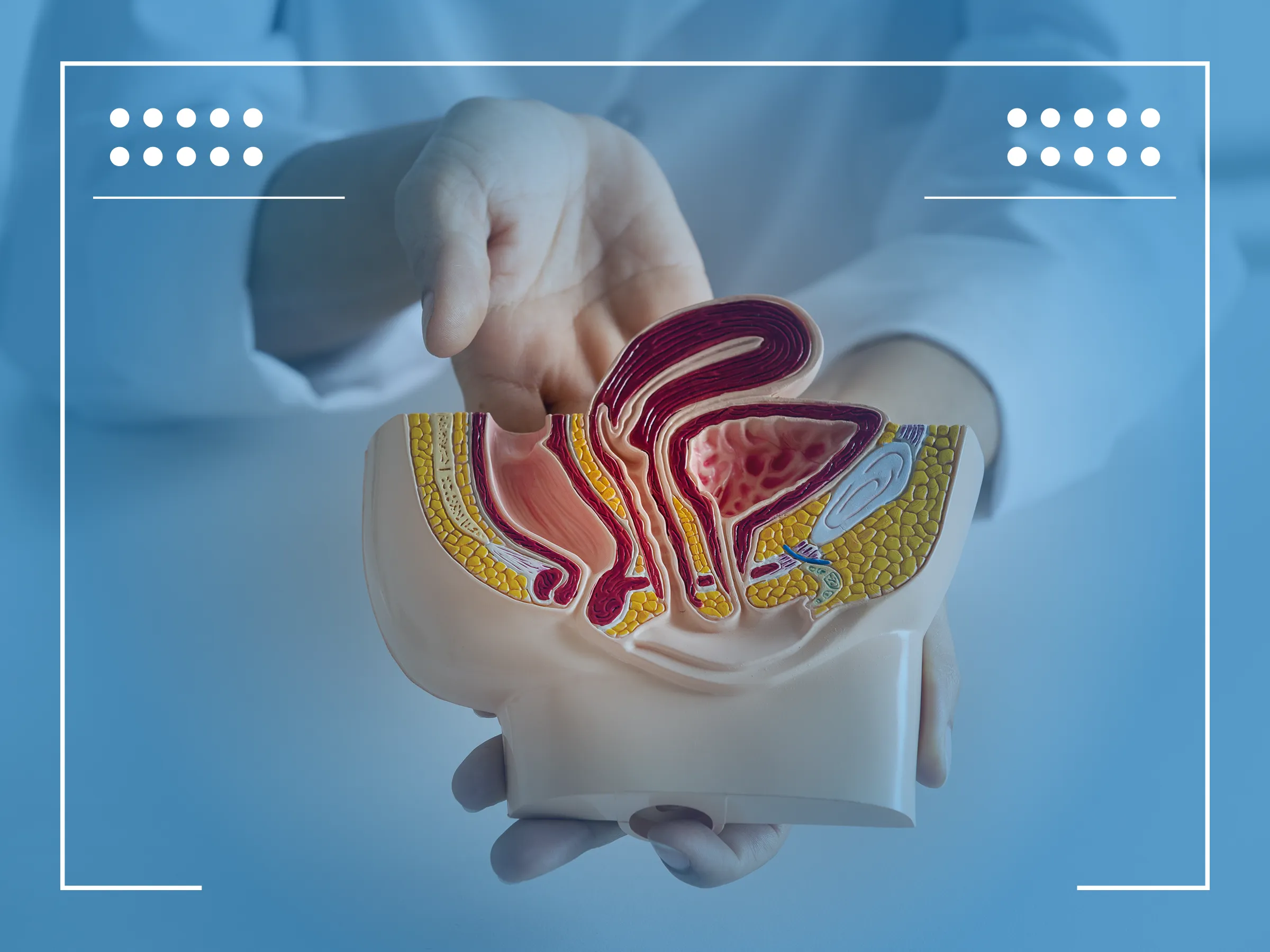Supplementary Therapies to Manage Side Effects of Lung Cancer

Treatments for lung cancer such as surgery, chemotherapy, radiation therapy, and others can be lifesaving, but they can also cause side effects ranging from physical exhaustion to depression. In addition to your prescribed treatments, non-medical complementary therapies may help lung cancer patients undergoing treatment to improve their quality of life and manage side effects such as exhaustion, depression, anxiety, and others. This article describes several commonly used complementary therapies that you may find helpful.
Meditation
Coping with lung cancer or any other malignancy can be highly stressful. Many clinical studies have demonstrated the health benefits of meditation, including stress reduction. A daily practice of meditation can help you manage the anxiety and fear you may have about undergoing treatment for lung cancer. Meditating regularly can also improve sleep and mood. As a bonus, meditation has been demonstrated in clinical studies to lower blood pressure.
While many people perceive meditation as an exotic and strange practice, it’s simply a way of quieting the mind and controlling runaway thoughts. There are many forms of meditation, but it can be as simple as sitting in a quiet room and focusing on your breathing for five minutes. If your thoughts stray, that’s okay—simply shift your focus back to your breath. You can find many videos that will guide you in meditation on YouTube. Or find out if there’s a meditation class at your local community center.
Yoga
Performing yoga regularly can help ease stress and anxiety, too. Learning to assume yoga poses also improves strength and flexibility, of course. However, lung cancer patients may derive important benefits from increased lung capacity they may gain from the special breathing techniques involved in yoga. This ancient practice has some other surprising benefits. For example, many studies have found that it improves cardiovascular health. It can also improve sleep and relieve chronic pain.
Acupuncture
A 2022 review in the journal Frontiers in Oncology examined 33 studies involving more than 3000 lung cancer patients and found solid evidence that receiving acupuncture improved quality of life following surgery and chemotherapy. Patients who received acupuncture reported less pain, nausea, vomiting, sleep disturbances, fatigue, anxiety, depression, constipation, and other side effects. Your doctor may be able to recommend an acupuncturist. Try to find a practitioner who is certified by the American Board of Medical Acupuncture or American Academy of Medical Acupuncture.
Reflexology
In reflexology, a therapist applies pressure to certain areas on the hands or feet. According to proponents of reflexology, these areas correspond to distant organs and tissues in the body, and the applied pressure provides relaxation or relief of symptoms such as pain and stress. While many doctors in the west may be skeptical of reflexology’s benefits and research is limited, one 2017 study published in the Asia-Pacific Journal of Oncology Nursing found evidence that this form of pressure therapy improved nausea, vomiting, and fatigue in breast cancer patients. Similar complementary treatments you may find relaxing include reiki and therapeutic touch.
Hypnotherapy
Hypnotherapy is the use of hypnosis to treat a medical condition. Hypnosis is an increased state of concentration and focused attention that can be induced by a hypnotist or trained hypnotherapist. In a state of hypnosis, people become more open to suggestion to change in how they see or experience the world. Hypnotherapy is used for a variety of purposes, including coping with cancer side effects. Some studies suggest that beginning hypnotherapy prior to starting a regimen of chemotherapy, radiation, or other cancer treatment may help ease side effects such as nausea, fatigue, pain, and anxiety. Importantly, lung cancer patients who struggle to quit smoking may benefit from hypnotherapy, though not all smokers respond to the treatment.
It’s important to tell your doctor about any supplemental therapy you choose to use and keep in mind that these treatments are complementary to your prescribed therapies, and should never be used instead of them. What’s more, you can also gain relief from stress and anxiety simply by participating in daily activities that benefit the mind and body in many ways, such as:
- Getting some exercise, such as taking walks.
- Engaging in hobbies.
- Spending time in nature.
- Visiting with friends and family.
Sources: Lung Cancer Center, Palliative Medicine, Tufts Medical Center












